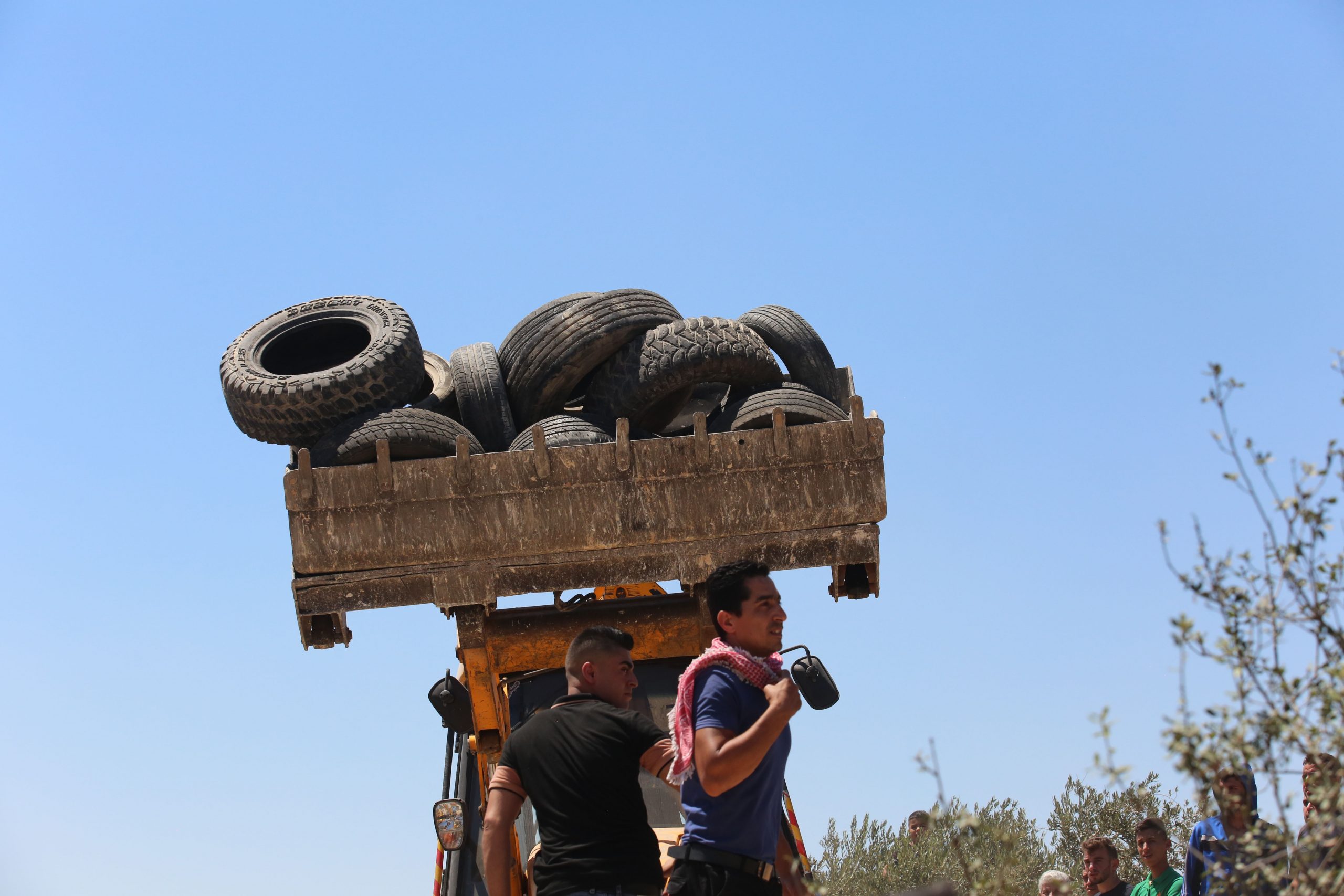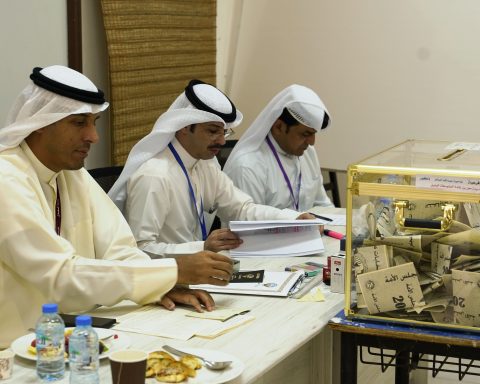As Kuwait tackles a waste problem that has resulted in one of the world’s largest tyre graveyards, more than 42 million old vehicle tyres abandoned in the sands have begun to be recycled.
A residential neighbourhood was only 7 kilometres away from the enormous dumpsite, which voiced discontent about big flames that emitted noxious black smoke on a regular basis.
However, Kuwait, which plans to develop 25,000 new homes on the site, completed the transfer of all the tyres to a new area near the Saudi border called al-Salmi, where recycling procedures have commenced.
Employees sort and shred discarded tyres at an EPSCO Global General Trading recycling facility before pressing the particles into rubbery-coloured flooring tiles.
“The factory is helping society by cleaning up the dumped old tyres and turning them into consumer products,” said EPSCO partner and CEO Alaa Hassan.
The EPSCO plant, which started operations in January 2021, has the capacity to recycle up to 3 million tyres per year, according to the firm.
Due to their size and the chemicals they can release, scrap tyres are a serious environmental issue around the world.
Oil-rich Kuwait, an OPEC member with a population of about 4.5 million, had about 2.4 million automobiles in 2019, up from 1.5 million in 2010, according to figures from the Central Statistical Bureau.
With other factories planned, the government expects that al-Salmi will become a tyre recycling centre.
According to Al Khair Group CEO Hammoud al-Marri, the Al Khair Group transported more than half of all tyres to the new site using up to 500 trucks per day and plans to construct a facility to burn the tyres using a process called pyrolysis.
Pyrolysis creates a sort of oil that may be sold for use in industrial furnaces like cement plants, as well as a carbon black ash that can be utilized in a variety of industries.














